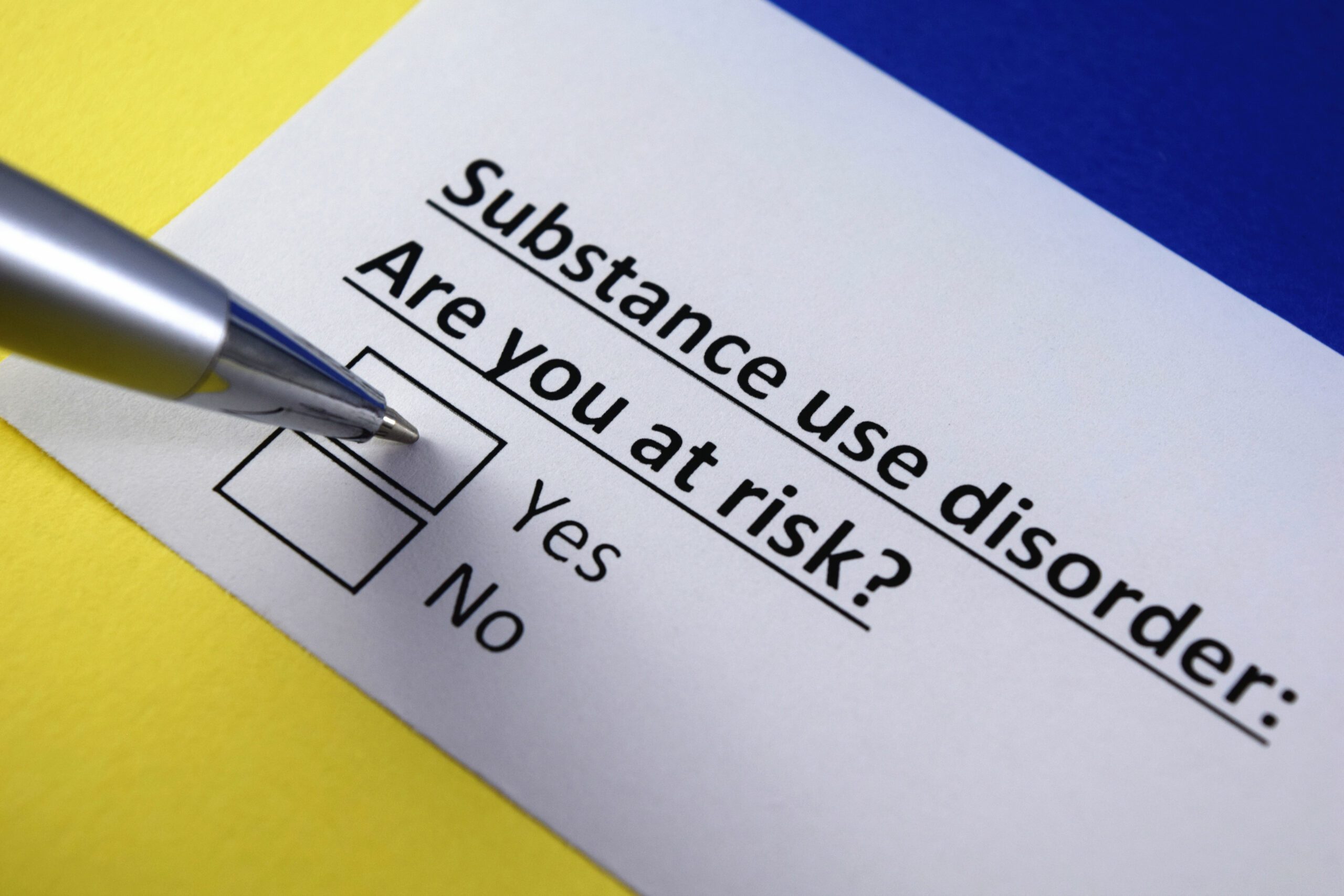Diamond Recovery is dedicated to raising awareness about substance use disorders (SUDs) and advancements in the treatment of addiction and co-occurring disorders. The role trauma may play in the development of substance use disorders and mental health conditions like depression and post-traumatic stress has gained significant attention in recent years. More than ever before, treatment for SUDs is becoming more trauma-focused as clinicians seek ways to improve long-term outcomes for their patients. This article examines the importance of trauma-informed care in drug and alcohol treatment.
What is Trauma-Informed Care?
Before we begin to explore its value to clinicians treating substance use disorders, it’s necessary to clearly define the term trauma-informed care. In simple terms, trauma-informed care, through an addiction treatment lens, shifts the focus from just diagnoses and symptoms toward root causes.
More specifically, trauma-informed addiction treatment seeks to gain a detailed picture of a patient’s life experience, especially where past traumatic experiences, such as Adverse Childhood Experiences (ACEs) are concerned. This information is seen as critical in understanding some of the underlying causes of addictive behaviors. Treating trauma is vital in helping patients not only heal but substantially improve their chances for success in long-term recovery.
The goals of trauma-informed addiction care include:
- Recognizing the impact of trauma and the role it can play in addiction.
- Identifying the signs and symptoms of trauma in the people we care for.
- The integration of knowledge about trauma into treatment plans and curricula.
- To proactively avoid re-traumatization in the treatment process and beyond.
The Link Between Trauma and Substance Use Disorders
Every human being experiences trauma at one time or another. The act of simply being born into this world can be traumatic for an infant. In this context though, we are more concerned with the forms of trauma which are most likely to play a role in a substance use disorder. There is one fact that has become increasingly clear over time and through research: There is an undeniable link between addiction and trauma.
The 3 primary trauma types are:
- Acute Trauma: This type comes from a single traumatic event, e.g. an automobile accident or sexual assault.
- Chronic Trauma: Trauma that reoccurs over time, e.g. habitual sexual abuse or being blackmailed.
- Complex Trauma: Complex trauma includes a number of different traumas (and/or types of trauma) usually occurring over a long period of time.
Where Does Trauma Come From?
“An emotional response to a terrible event like an accident, rape or natural disaster.” is the way the APA defines trauma. But that very basic definition really cannot capture the magnitude of the impact trauma can have over the course of a person’s life. Trauma comes from intensely upsetting experiences.
It may be a single event, a series of events, or an extended period of being under threat, for example being a soldier in combat or stuck in an abusive relationship. The problem is that these traumatic experiences often echo throughout a person’s life. Their lasting impact can change someone’s entire personality.
Trauma can change the way they see the world, their place in it, and how they interact with other people. They may keep re-experiencing events, or just the emotions from them, over and over again. There is really nowhere to hide from trauma, but many people seek relief in drugs or alcohol and this is the nexus where trauma and addiction most often intersect.
Some surprising facts about substance use disorders and trauma:
- Approximately 30% of accident, disaster, or serious illness survivors report alcohol misuse.
- Over 30% of patients admitted for drug and alcohol treatment show signs of PTSD.
- More than 60% of patients admitted for drug and alcohol treatment report trauma histories.
- People with more than 5 adverse childhood experiences are 8x more likely to develop an SUD.
Sources: Centers for Disease Control (CDC), Substance Abuse and Mental Health Services Administration (SAMHSA)
How Can Trauma Contribute to a Substance Use Disorder?
More than 60% of the people who admit to drug and alcohol treatment programs report a history of abuse or trauma People often turn to drugs and alcohol when uncomfortable feelings become too much to bear. People with substance use disorders and unresolved trauma often have a co-occurring diagnosis such as depression, anxiety, or PTSD as well.
Substance use, in this case, most often develops as a coping mechanism. An attempt to “self-medicate” the symptoms of trauma, which often manifests, in part, in the form of a mental health disorder. Of course, substance use cannot resolve trauma. Tragically, misuse of drugs and alcohol and the lifestyle choices that follow tend to introduce new trauma into a person’s life. This is yet one more reason why trauma-informed addiction treatment is so important.
Why Trauma-Informed Addiction Care is Different
Trauma-informed addiction care seeks to identify specific traumatic events as well as living conditions that may have contributed to the development of a substance use disorder (SUD). This is critical in understanding both where a person’s motivation to misuse substances comes from and the feelings and memories they are seeking relief from.
Prior to this new awareness and focus on trauma, addiction treatment more often focused on symptoms rather than causes and often applied a “one-size-fits-all” approach to treating SUDs. While these approaches could be successful in helping people cease addictive behaviors for a time, the long-term outcomes were less promising.
Trauma-Informed Addiction Care is Highly Individualized
Understanding where a person’s trauma comes from helps addiction professionals choose methods and better target treatment. Helping the patient process and overcome their trauma, especially the ACEs or other trauma thought to be most closely tied to their substance use disorder makes a marked difference in outcomes.
In simple language, processing and resolving trauma and giving patients tools to manage their feelings surrounding it makes them much more likely to remain sober over the long term. Trauma-informed care for substance use disorders is a better, more effective treatment.
Trauma-informed care can help by:
- Enabling people to feel safe again.
- Leading them to learn to trust others.
- Showing people their boundaries are being respected.
- Teach them about their condition and coping tools.
- Raising their sense of self-worth and esteem.
- Empowering their growth and self-advocacy.
Diamond Recovery is Raising Trauma-Awareness
At Diamond Recovery we feel it is our responsibility to not only provide world-class treatment for substance use disorders and co-occurring conditions– but to raise awareness. Helping people with substance use and mental health disorders become more visible and better understood is an essential part of the healing process, both for them and society as a whole.
If you or someone you care about could benefit from trauma-informed treatment for a substance use disorder or you have questions about Diamond Recovery and what we do, please give us a call at (844) 909-2525.






